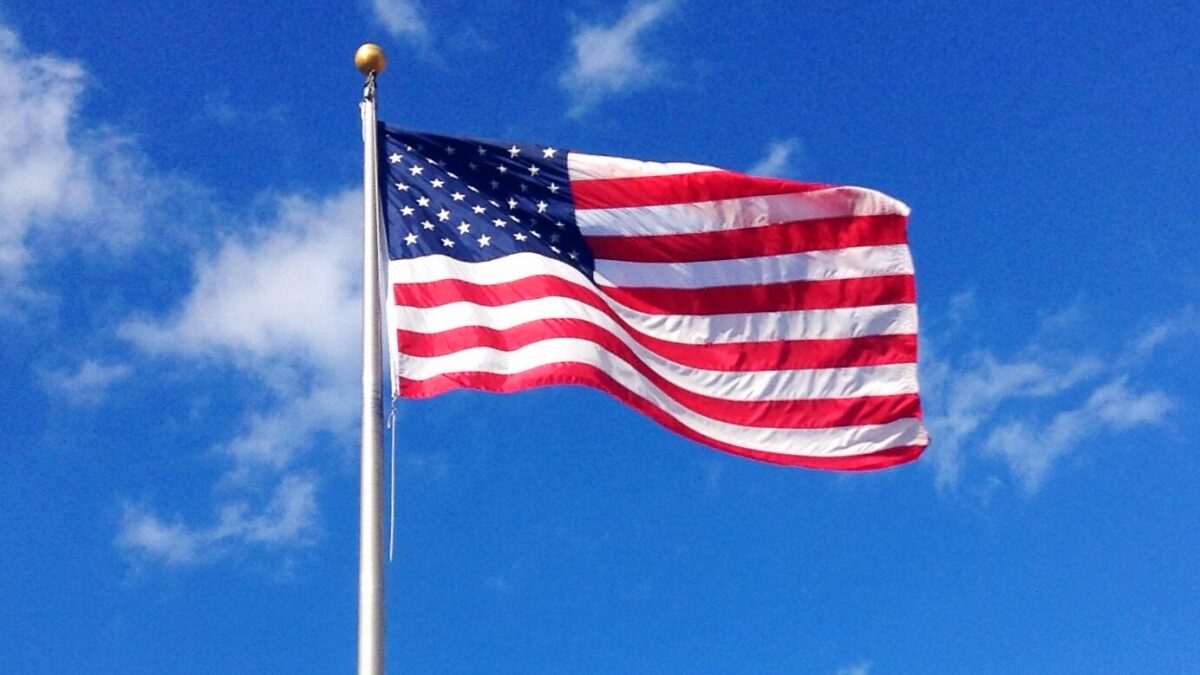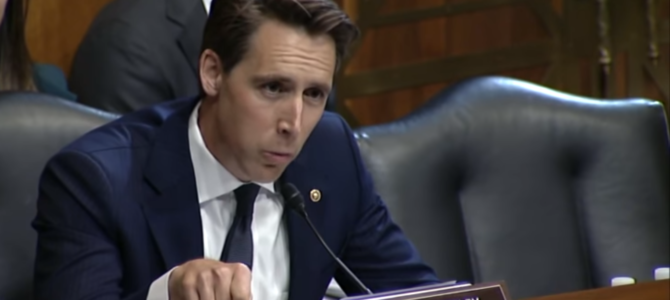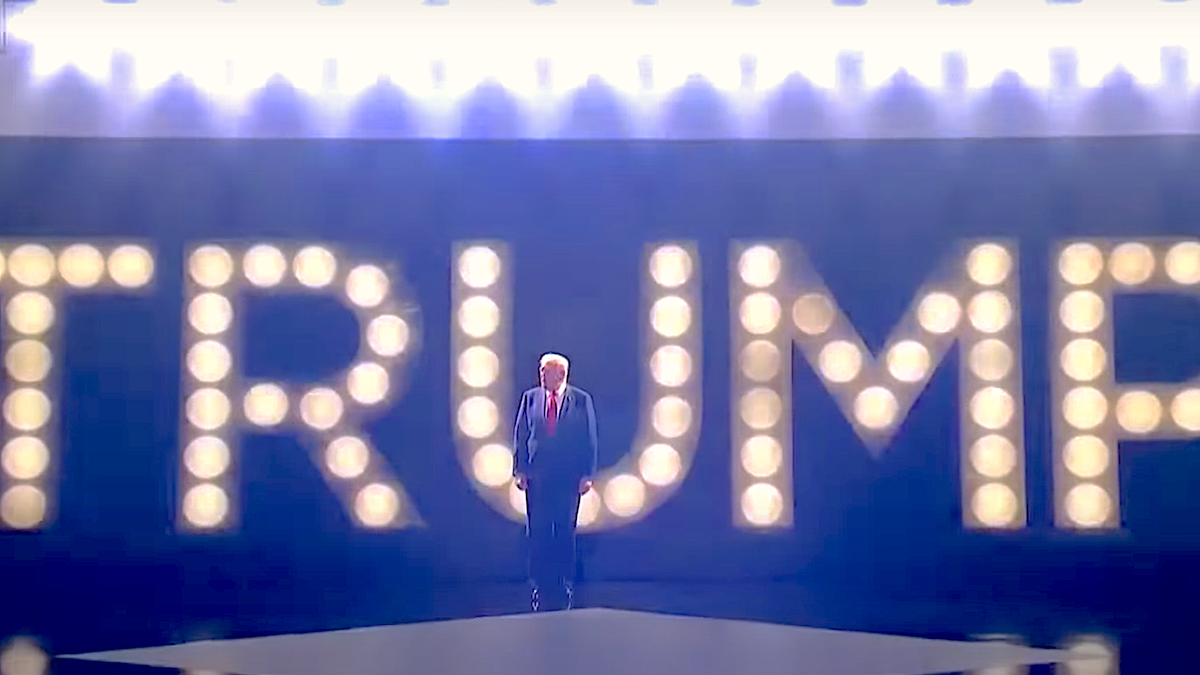I can’t remember the last time Americans were truly united. Maybe Sept. 12, 2001, but I was too young to remember.
Now the only thing tethering us to one another is our complacency. It’s the one thing we all share. We’ve been fed — and willingly consume — distractions, mostly petty grievances stoked by politicians who thrive on division and chaos, on social media and television. Who has time to care about government overreach or lawfare when our favorite TV show starts in an hour?
We’ve ceded too much power to the government because generation after generation slowly let their foot off the pedal and became willingly complacent via distractions. It’s why we ended up with an administrative state that lets unelected bureaucrats write their own laws. It’s why private citizens were — up until the Supreme Court stepped in this week — allowed to be tried in certain criminal cases without a jury of their peers. We were told government experts know best. We traded political power for expediency, and in doing so we’ve forfeited the “common cause” that was responsible for the inception of this nation.
The American Revolution didn’t begin on July 4, 1776. It began in the decades prior when the British began creating an untenable position for the colonists. There was the Sugar Act of 1764, The Stamp Act of 1765, and The Townshend Acts of 1767; all of which raised taxes on the colonists in various forms to subsidize the British war machine. Colonists resented the notion that they should be taxed without representation. They also rejected corruption and big government. Their rights could not be reconciled with Britain’s long-standing position of total control.
The culmination of British efforts to subdue their subjects perhaps reached a pivotal turning point when Parliament passed The Tea Act of 1773. The act gave the East India Company a tax break which lowered tea prices for colonists but also allowed the East India Company to create a virtual monopoly. It was a gotcha-moment. Colonists still had to pay the Townshend tax that they had decried just six years earlier and saw The Tea Act for the farce it was — a ploy for the king to flex his muscle — “You have no choice but to buy the tea we sell you.”
The move revived colonial resentment toward the British.
Following the passage of The Tea Act, most tea ships that arrived at ports in New York and Philadelphia could not unload their cargo due to swarms of angry colonists. But in Massachusetts, loyalist governor Thomas Hutchinson forbade the ships to leave without unloading their cargo.
After years of attempts at reconciliation, it was clear that diplomatic efforts had failed.
At least 5,000 colonists gathered in Old South Church to deliberate how they would respond to the situation. On Dec. 16, 1773, dozens of men in disguises boarded the ships and dumped chests of tea into Boston Harbor.
In response, Parliament passed the so-called Intolerable Acts, restricting trade into Boston, ordering colonists to house British soldiers and removing the local elected government and replacing them with a council appointed by the king, among other measures.
As John Dickinson later noted, “the insanity of Parliament has operated like inspiration in America. The Colonists now know what is designed against them.”
And suddenly, the phrase “the common cause” began appearing in pamphlets up and down the East Coast. The “common cause” was a call to all colonists to stand with their oppressed brethren in Boston against tyrannical overreach by the government.
To be clear, the Southern colonies had little in common with their Northern counterparts. For example, their economies were vastly different and dependent on different goods. Georgians could have ignored the plight of their fellow colonists in Massachusetts, but they knew should the same fate befall them, they too would have to face it alone. And so, the colonists moved forward under a united front.
“The die is now cast, the [American] colonies must now either submit or triumph,” King George III infamously said in Sept. 1774.
Colonists owed no obedience to unjust laws. There would be no such submission. They would take death or liberty.
Their sacrifices, willpower, and commitment to the “common cause” is why we celebrate the Fourth of July, Independence Day.
But it is a lack of that “common cause” that has put us in the position we are in today. Government has become too big, and Americans are — just as our forefathers — treated as piggy banks for bureaucrats who spend uncontrollably to finance their partisan agenda. There can be no better tomorrow under these circumstances, but who would know? We’re all too busy endlessly scrolling on social media to realize what’s happening around us. We’re willingly distracted.
America is in need of a “common cause” now more than ever. Too much is at stake.









